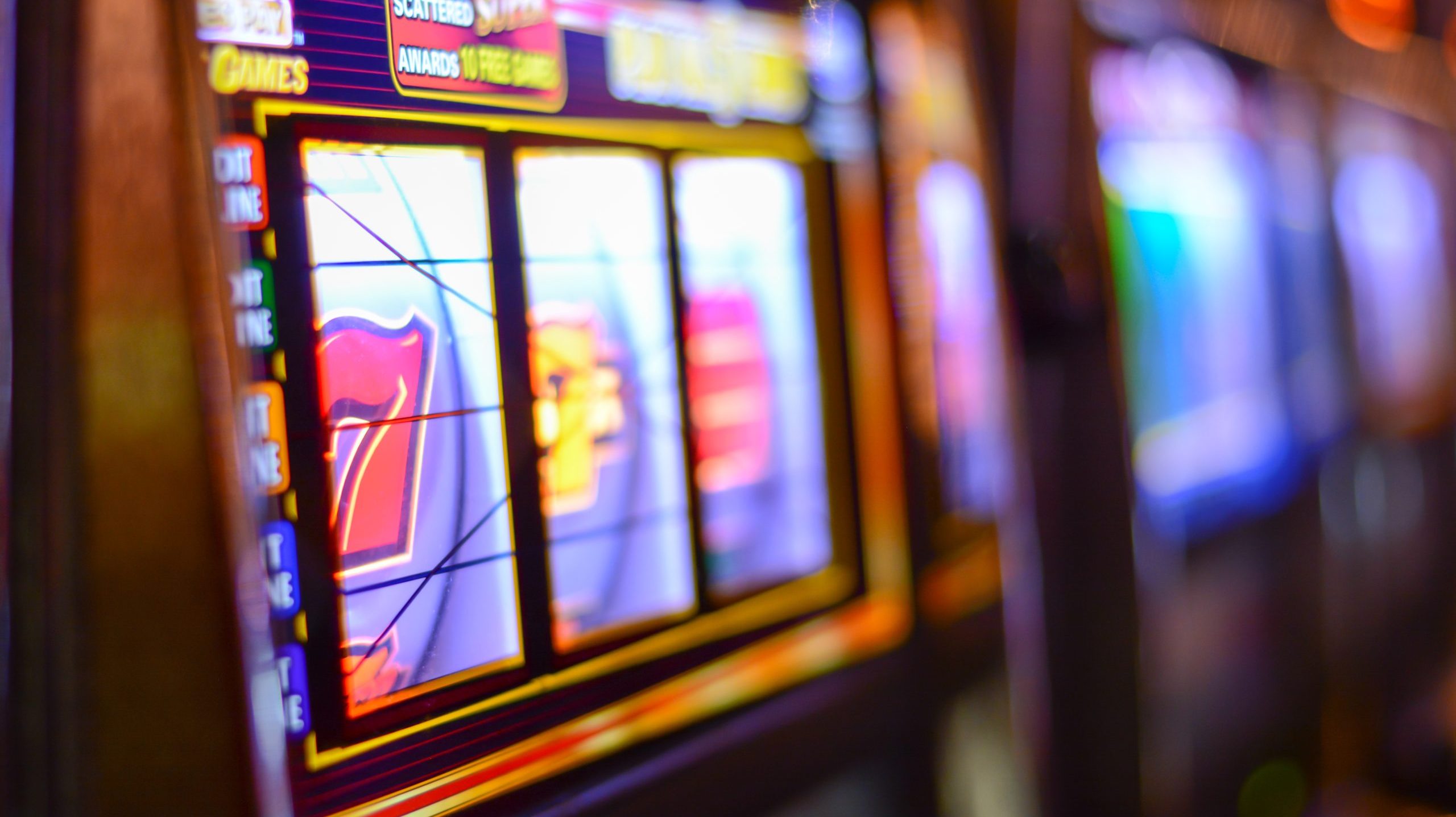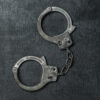|
Getting your Trinity Audio player ready...
|
Last night, in the hours before the Philadelphia Eagles steamrolled the Kansas City Chiefs to win the Super Bowl, millions of dollars were wagered across the country – and across Alabama – on the game and on the various prop bets and player parlays.
The bets rolled in on mainstream gaming sites and apps, such as FanDuel, Hard Rock, DraftKings and others, and on off-shore sites, like Bovada. There are also various apps that allow bettors to wager on various player performances and put together parlay bets.
And not just for the Super Bowl.
On any random weekday evening, you can wager on literally hundreds of events around the world, and on thousands of players participating in all sorts of sports. It is easy. It is popular. And make absolutely no mistake about it, no matter the legality in your state – or what you want it to be – all of that sports betting is easily accessible to anyone with a phone and a decent internet connection.
That’s one reason why it’s long past time that we stop this silly conversation in Alabama over whether we’re going to allow gambling in this state.
From the electronic bingo being played in the upscale casinos owned by the Poarch Band of Creek Indians and the historical horse racing games operating in Birmingham, Shorter and Greene County to the laughably easy access from any living room to sports wagering, we have gambling.
The only question at this point is how do we want to manage it.
Do we want to continue sticking our heads in the sand, pretending that we’re somehow immune to the saturation of gambling that has taken place all around us, and watching our tax revenue stroll across state lines – and into off-shore bank accounts and the hands of outright crooks – as we pretend that we’re taking a moral stand against something that the citizens of this state have long accepted as the norm? Because that’s what we’ve been doing.
For decades now, we’ve allowed a group of crooks and greedy slick-talkers to line their pockets with out-of-state gambling money, as they do the bidding of the casino owners in other states and illegal gaming operators in this state, while pushing this notion of a more righteous Alabama because it has refused the ill-gotten gains from legalizing its own gaming and keeping the profits at home. Some of our lawmakers, with the donations from these groups in their campaign accounts, have literally insisted that we were the better people for sending other states’ kids to college, paving their roads, paying for their rural hospitals.
It’s preposterous, and a growing number of people have realized it. That’s why more than 80 percent of Alabama voters, in a recent poll, said they wanted an opportunity to vote to legalize a lottery, casino gaming and sports betting. I’d like for you to find another issue on which 80 percent of the state agrees.
While the revenue portion of this debate remains ridiculously slanted – we’re losing between $700 million and a billion dollars annually – there is also another portion that is worth noting – and one almost as important.
Over the last two weeks, it has been widely reported – starting with Pat Forde at Sports Illustrated – that federal investigators have launched a wide-ranging probe into illegal game fixing in both the NBA and college basketball. The investigation thus far has focused on two primary NBA stars and on a handful of colleges, including at least one that has played multiple games against schools in Alabama.
Now, at first glance, you might think that such a story would be a stone dead argument against more sports wagering. But in truth, it’s the exact opposite.
As Forde relayed in a recent podcast interview, the investigation into the game fixing and point shaving began when regulators who monitor gambling activity on regulated websites noticed irregularities in the number and size of successful bets coming in on a handful of very specific player prop bets. Without getting too deep in the weeds, that means basically that a bunch of big bets came in on a specific player to score under a certain number of points, and then that player mysteriously played a very short period of time or massively underperformed.
As those investigators looked deeper, Forde said, they found more examples and now suspect the fraud was taking place for a longer period and likely began with bets placed in unmonitored, off-shore websites.
To put that another way: the only reason this was discovered is because we’ve legalized, regulated and monitored sports betting.
And sports betting isn’t alone in this regard.
Casino games in states where gambling is legal are also monitored and regulated by gaming officials. They ensure that payouts meet a minimum number and that machines are performing properly. They audit casinos and keep track of earnings. They enforce safety and regulatory rules that keep customers safe.
Those things happen at the Poarch Creeks’ casinos. They happen at facilities licensed to conduct pari-mutuel wagering, such as VictoryLand and the Birmingham Race Course. The owners at those facilities have to go through federal background checks and adhere to all sorts of regulations, particularly the Native American casinos.
You’ll likely not be so shocked to learn that those regulations don’t exist in the illegal gaming sites. No one is checking the machines in the back of the laundromat or over at Earl’s Electronic Bingo, Live Bait and Home Goods Store to make sure they’re paying out properly. And we’ve got literally hundreds of such places scattered all over the state.
You can’t escape gambling in this state now. It’s everywhere and all the time. From sports wagering ads popping up on everything you watch to your friends chipping in on the big Power Ball jackpot to the trips to casinos in this state – it’s all around us. By failing to properly license and regulate it, we’re foolishly giving away tax dollars we need and contributing to the shady atmosphere that envelops unregulated gambling.
Oh, and we’re also denying 80 percent of Alabamians their right to choose what they want.



















































